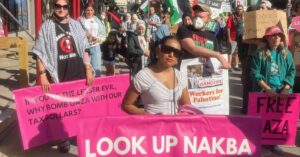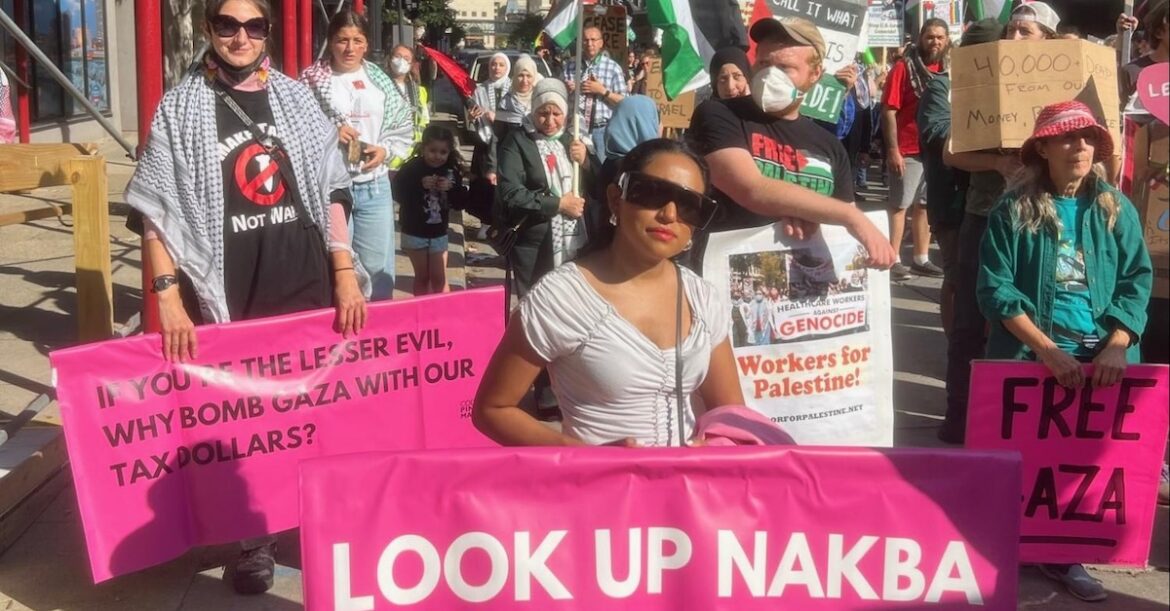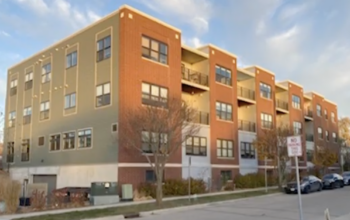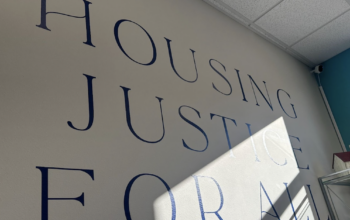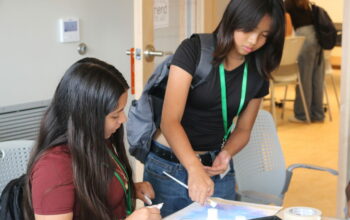Shahayra Majumder, 28, didn’t know she was an activist until others graced her with the title. To her, protesting for justice, peace and equity was the only way to act.
By day, as a sales engineer for Esker, she helps people in business close deals with her technology expertise.
But after her nine-to-five, Majumder dons pink clothes and picks up with her work as co-leader of CODE PINK Madison, a feminist anti-war organization known for disruptive protests.
This, she says, is the work she doesn’t get paid for but finds deeply meaningful.
What do you think is the biggest challenge our community faces?
I think the biggest challenge Madison faces is income inequality. The wealth gap between the wealthiest people and the underprivileged is huge and widening, especially with the influx of people moving here for tech jobs.
We saw a huge increase in homelessness during COVID, and with increasing inflation, it’s becoming really unaffordable for people to live and thrive in Madison.
We definitely are also struggling with representing the needs of the masses when power and control that comes from wealth is concentrated among a few people. Everyone is catering to selling to the rich, and there is not enough available for people that need more affordable housing. It all comes back to money, for me, whether it’s public transportation or access to affordable healthcare, or being able to go to a good school or afford good childcare.
What do you wish people in our community understood better?
I wish people understood better how they can vote with their dollar. People with money don’t have to be unconscious consumers. They could forgo buying Starbucks to support Grace Coffee or Colectivo. This goes beyond coffee.
There’s ways to save money while buying and supporting local, and ultimately, when you vote with your dollar like that, it benefits everyone. It’s a positive-sum benefit. There’s no one that really loses other than a bigger company that can afford the loss.
What is one change you would make if you could that would make life better for people in our community?
The way that I lead, even in activism, is assuming I have more in common with another person than we have not in common. If someone has different political beliefs than I do, then I always try to lead by knowing they care about their family and community. What is it about their beliefs that makes them think they’re securing those things, and how is it that I can either move the needle towards understanding my point of view or hear them out?
Generally, people are not inherently malicious.
I wish people would lead by assuming the best in one another.
What in our community gives you hope?
Whenever I have a decent human interaction at a protest or disruption, when I’m expecting the worst, but someone throws up a peace sign or honks their horn. Even police officers who are trying to tell us we need to leave or cross the street — when I’m able to tell that officer, “I hear you,” or “Can you help me understand why we’re being asked this?” and they’re able to communicate with me in a way where everyone still gets to feel heard.
People think that protesting is super scary and risky, but when I tell people the cop probably agrees with you and is doing this to afford food, it changes things a bit. Again, if we just understand that we all have more in common than not and can reach people on an individual level, we can change the system. That’s when we’ll make more large-scale change.
For more information on CODE PINK Madison, reach out to wisconsin@codepink.org.
This interview has been edited for brevity and clarity.
